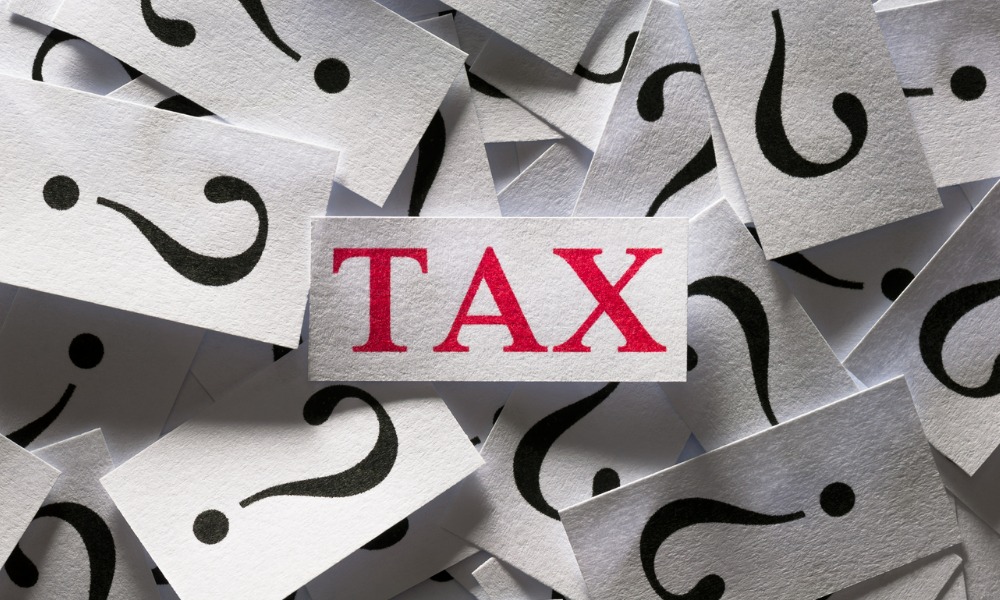With filing deadlines approaching, tax ambiguity sows seeds of unease
The tax implications are unknown for the 49% of people who claim government aid because of the pandemic. The 45 percent of Canadians with the cost of working from home are unsure how to claim their expenses. Similarly, 41% of Canadians who received COVID-19-related benefits in 2020 and/or 2021 are concerned they may be owed money.
Peter Bruno, president of H&R Block Canada, said, “With more than 400 different tax deductions and credits available, as well as changes in financial circumstances induced by the pandemic, filing your taxes can feel confusing and daunting. ” “But it’s imperative that you don’t lose sight of the many tax benefits and credits you may be entitled to, many of which are new or developed from prior years.”
In 2021, more than half of Canadians (52%) say their employment or financial situation has been negatively impacted, up slightly from the previous year’s figure of 50%. The income of 19 percent of the people has decreased. Work from home was required for 18% of the workforce. Sixteen percent indicated that they had to use their savings to help with cash flow. Five percent of those who lost their jobs took a side hustle or a gig economy employment to supplement their income.
In contrast, 43% of Canadians think the pandemic has had no effect on their financial situation, and one in ten (10%) claim their income has increased in 2021. Nearly a third of Canadians (29%) said they rely on tax refunds to stay afloat or after a tough financial year.
Canadians are being cautious and practical when it comes to spending intentions for their tax refunds. Three-fifths (58%) of Canadians said they would spend their return to pay off debt, pay bills, or buy necessities. This includes paying off credit card debt (30%), paying bills (27%), and buying daily essentials (25%). Another 19% said they would invest their tax refund in an RRSP, RESP or TFSA.






